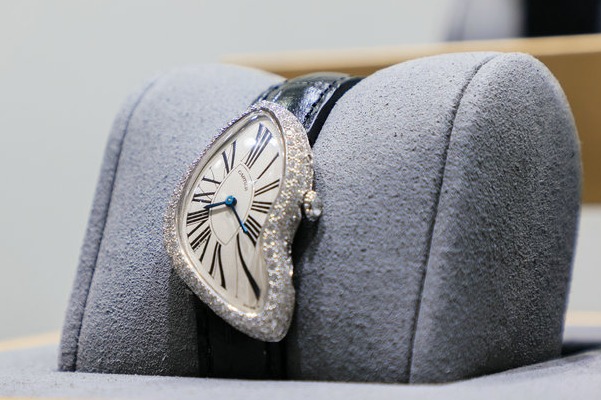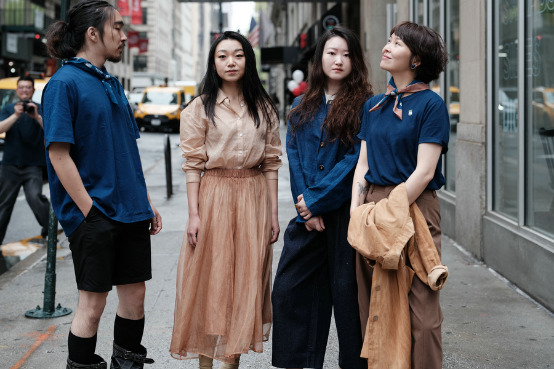Blind Devotion


Ya Ni, who was born and raised in Hangzhou, Zhejiang province, graduated from the Communication University of China in Beijing in 1980 and began working with Zhejiang TV the same year. In 1989 she gained her master's degree in journalism from Zhejiang University.
Over the course of 17 years she used her own money and borrowed from others-including mortgaging her home-and used rudimentary equipment to film the blind musicians. In the beginning, she only had one colleague traveling with her to the poor county. In 2005 she gave up the television job that had given her nationwide acclaim and by then was frequently making the trek from Hangzhou to Zuoquan county, 1,200 kilometers away, spending much of her time living among the musicians, eager to get firsthand material.
"There's a saying in Zuoquan county's villages that when Ya Ni comes the dogs don't bark, because even they recognize me now," she says."I didn't expect making this film to become my life. I didn't just turn my camera on these blind musicians but also became friends with them, helping them solve personal problems."
Ya Ni had planned finally to release the documentary, also titled Meiyanren, this year, but had to postpone that because of the coronavirus pandemic. The documentary will be divided into four parts, she says, with the first presented in five hours split in two, and each of the remaining three parts lasting two hours. The four parts focus on different themes on three families, about their relationships, romance, friendships and the blind musicians' lives in general.
Ya Ni says that the documentary will be released when the viral outbreak ends and will provide an extraordinary and intimate portrait of life of those rarely known blind musicians.
"Many of my friends, colleagues and relatives just can't understand why I would want to devote all this time and effort to these musicians. I know full well that compared with commercial movies the appeal of documentaries is much more limited. But what makes my commitment so special is that I have recorded the story of a group of people who themselves are so special and very real. They not only embody how Chinese folk music is changing but also tell stories of humanity."




































